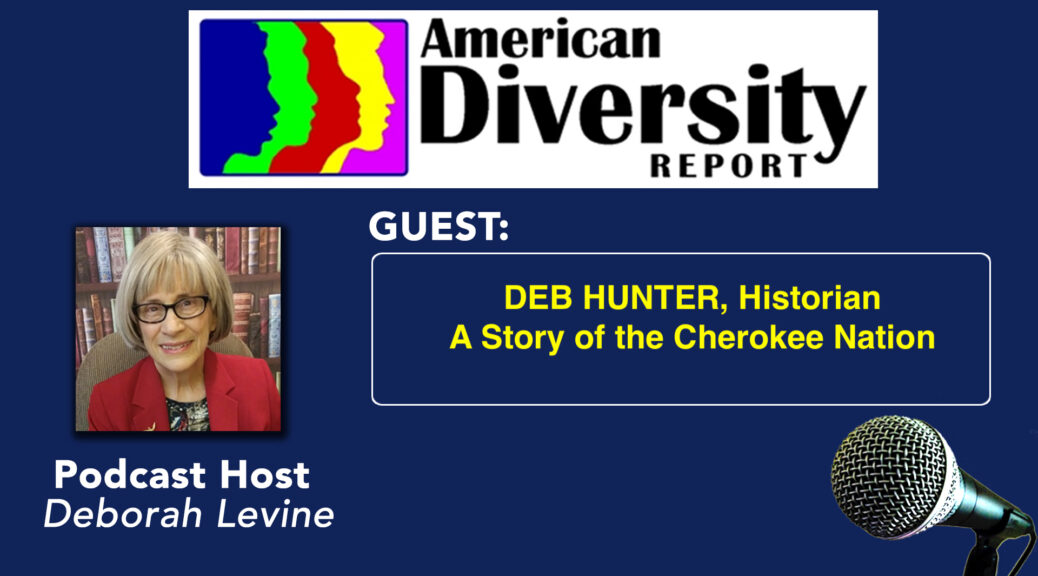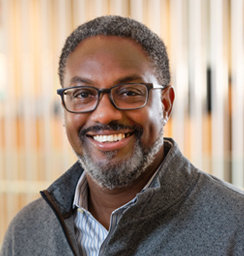 Christopher Johnson is President of Global Financial Services at Pitney Bowes, where he manages the financing and lending businesses, as well as the consumer and merchant payments and risk management functions across the company. Christopher also holds leadership responsibility for Pitney Bowes Bank, a state chartered industrial loan company.
Christopher Johnson is President of Global Financial Services at Pitney Bowes, where he manages the financing and lending businesses, as well as the consumer and merchant payments and risk management functions across the company. Christopher also holds leadership responsibility for Pitney Bowes Bank, a state chartered industrial loan company.
Hear Christopher discuss how this is the time to make changes to ensure inclusion in the future. The pandemic, super high inflation, and high interest rates are changing the dynamics of our economy. Economic prosperity will need leaders committed long term to their communities, customers and employees, including actionable DEI.
- Difficulties accessing capital continues to mount for SMBs, but especially with Black and minority owned businesses. How can we make access to capital more equitable? Is this possible to achieve?
- How do we use diversity to adjust to the changes in generations currently in the workplace and the growth of small businesses?
- How can we begin increasing participation for minorities in industries like financial services? What’s one thing business leaders can implement today?

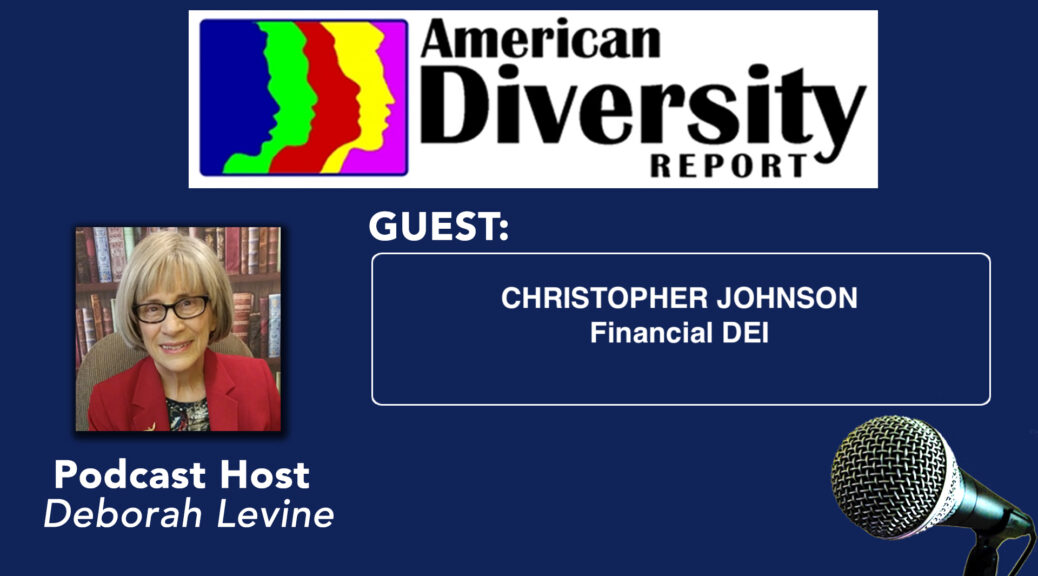
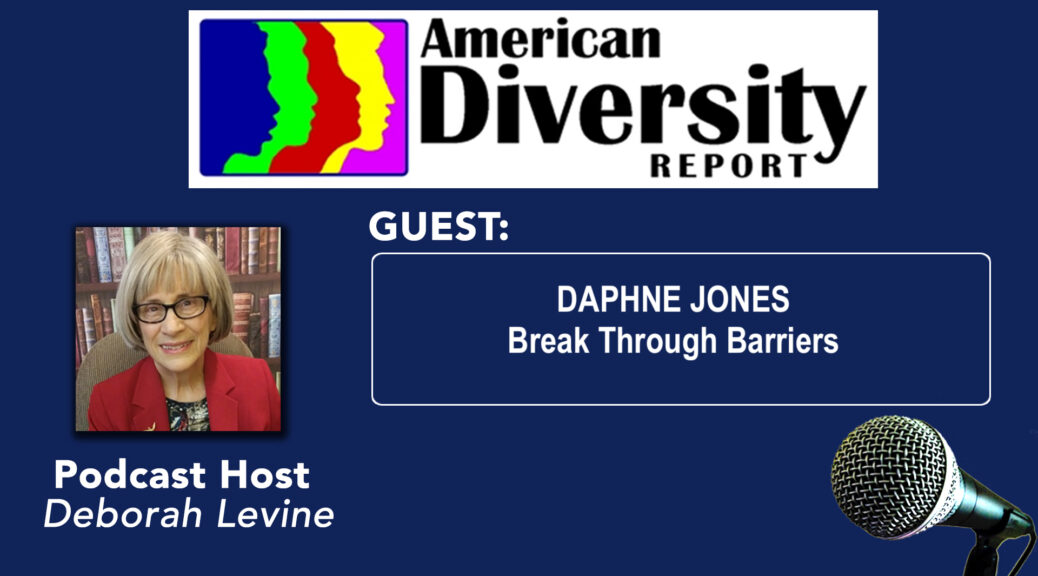
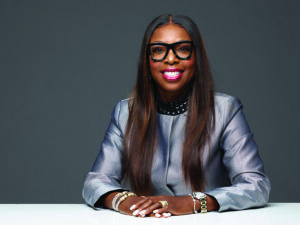 Daphne Jones serves on the Boards of three public companies—AMN Healthcare, the Barnes Group, and Masonite International—where she offers critical business savvy, cyber security expertise, and digital insights. Previously, she enjoyed a 30+-year corporate career at some of the world’s most recognizable companies, such as GE, Johnson & Johnson, IBM, and Hospira (now Pfizer).
Daphne Jones serves on the Boards of three public companies—AMN Healthcare, the Barnes Group, and Masonite International—where she offers critical business savvy, cyber security expertise, and digital insights. Previously, she enjoyed a 30+-year corporate career at some of the world’s most recognizable companies, such as GE, Johnson & Johnson, IBM, and Hospira (now Pfizer).
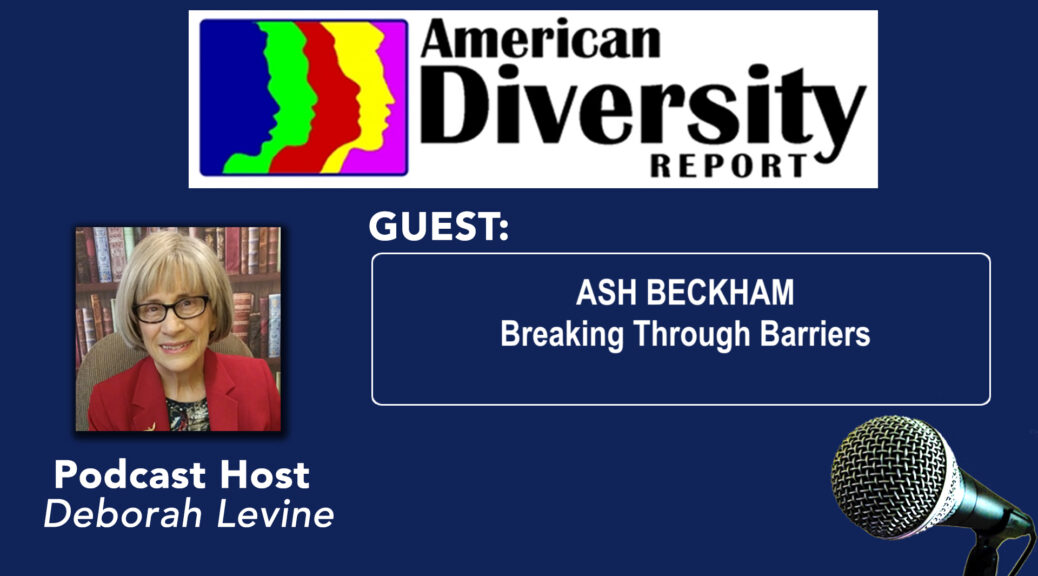
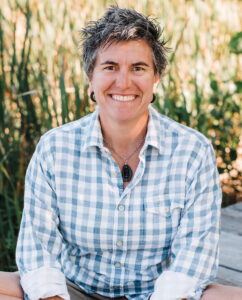 Ash Beckham is an i
Ash Beckham is an i Hear Ash discuss…
Hear Ash discuss…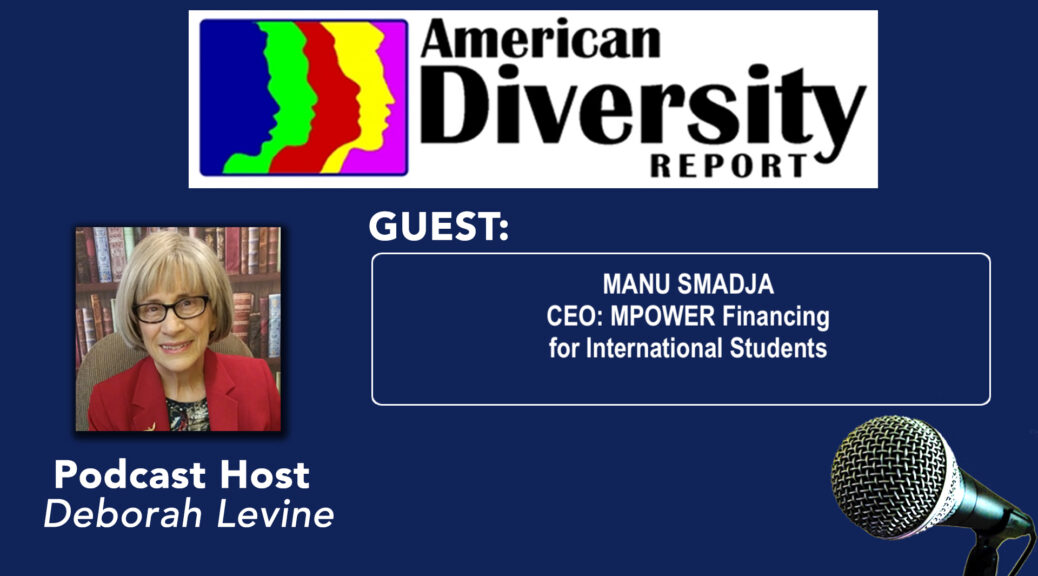
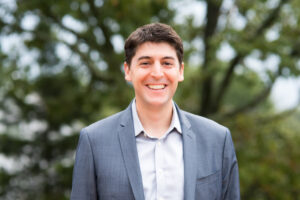 Manu Smadja is CEO and Co-founder at MPOWER Financing. Manu is a former Engagement Manager at McKinsey & Company, where he focused on Global Financial Inclusion and U.S. mass-market banking. He has worked with top financial institutions in the U.S., Europe, and Africa. Prior to McKinsey he worked in marketing strategy and operations at CapitalOne and Vistaprint. Manu holds an M.B.A. from INSEAD, as well as an M.S. in Systems & Information Engineering and a B.S. in Computer Science from the University of Virginia.
Manu Smadja is CEO and Co-founder at MPOWER Financing. Manu is a former Engagement Manager at McKinsey & Company, where he focused on Global Financial Inclusion and U.S. mass-market banking. He has worked with top financial institutions in the U.S., Europe, and Africa. Prior to McKinsey he worked in marketing strategy and operations at CapitalOne and Vistaprint. Manu holds an M.B.A. from INSEAD, as well as an M.S. in Systems & Information Engineering and a B.S. in Computer Science from the University of Virginia.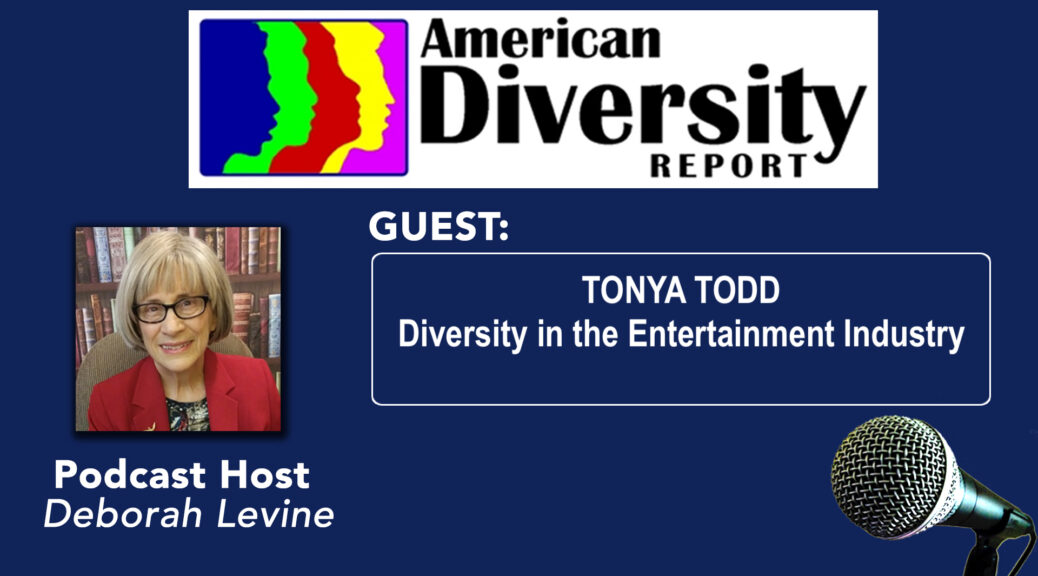
 Tonya Todd is a Las Vegas author, actress, and activist. Invested in fair representation, her continued involvement in the literary, theatre, and filmmaking communities provides a platform to champion marginalized artists and contributes toward an environment that embraces a variety of voices.
Tonya Todd is a Las Vegas author, actress, and activist. Invested in fair representation, her continued involvement in the literary, theatre, and filmmaking communities provides a platform to champion marginalized artists and contributes toward an environment that embraces a variety of voices.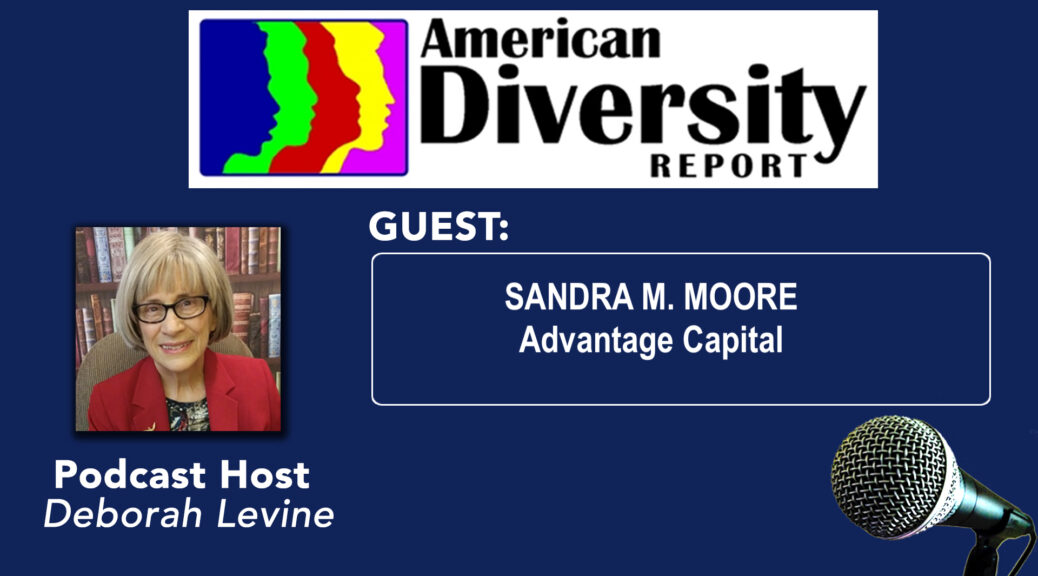
 andra M. Moore is managing director and chief impact officer at Advantage Capital. The firm focuses on high growth and high wage business investing in communities where access to investment capital has historically been hard to find.
andra M. Moore is managing director and chief impact officer at Advantage Capital. The firm focuses on high growth and high wage business investing in communities where access to investment capital has historically been hard to find.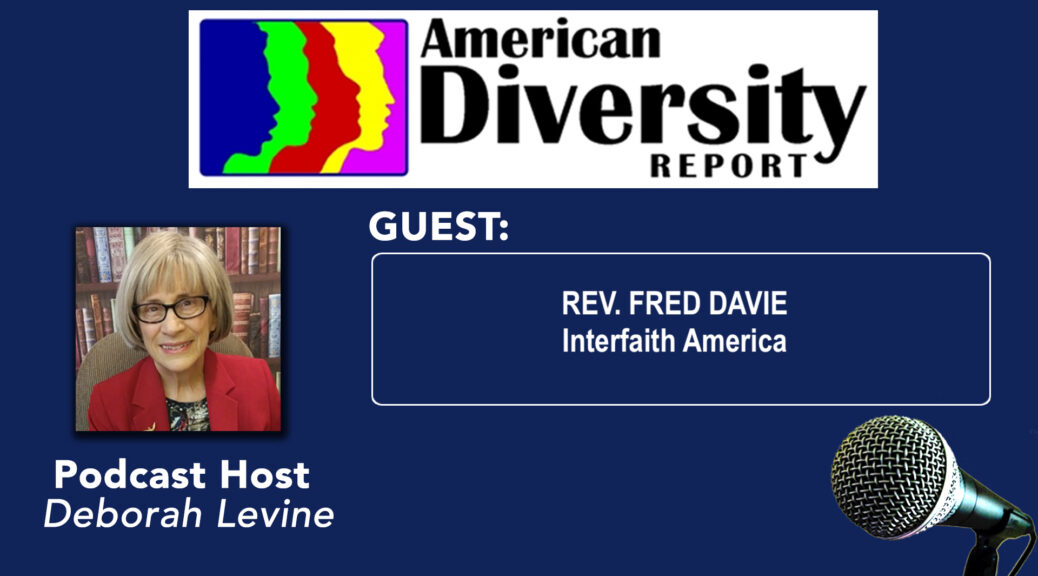
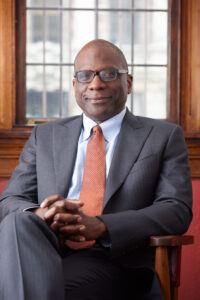 Reverend Fred Davie is a Senior Advisor for Racial Equity at Interfaith America, where he executes programming with a primary focus on the intersection of race and religion. He is also a minister in the Presbytery of New York City, and recently served as the Executive Vice President at Union Theological Seminary.
Reverend Fred Davie is a Senior Advisor for Racial Equity at Interfaith America, where he executes programming with a primary focus on the intersection of race and religion. He is also a minister in the Presbytery of New York City, and recently served as the Executive Vice President at Union Theological Seminary.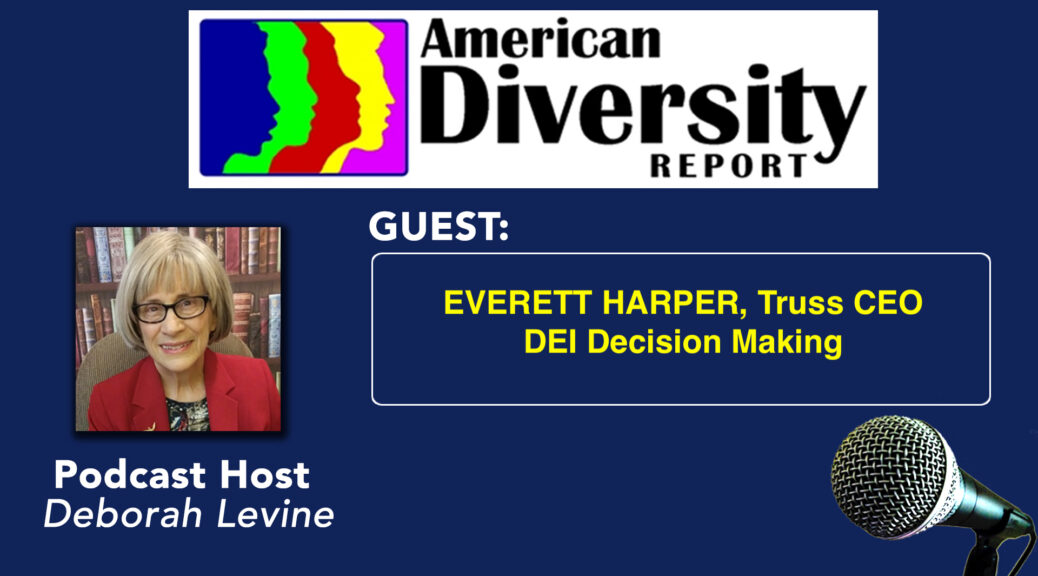
 Everett Harper is an entrepreneur, strategist, and the CEO and Co-Founder of Truss, a technology infrastructure company. In his new book, “Move to the Edge, Declare it Center,” Harper shares effective methods for decision making in situations where there may be a lack of complete information, ways to sustain teams during uncertain and stressful periods, and effective techniques for managing personal anxiety—a crucial leadership skill.
Everett Harper is an entrepreneur, strategist, and the CEO and Co-Founder of Truss, a technology infrastructure company. In his new book, “Move to the Edge, Declare it Center,” Harper shares effective methods for decision making in situations where there may be a lack of complete information, ways to sustain teams during uncertain and stressful periods, and effective techniques for managing personal anxiety—a crucial leadership skill.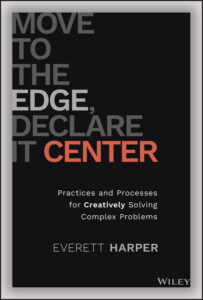
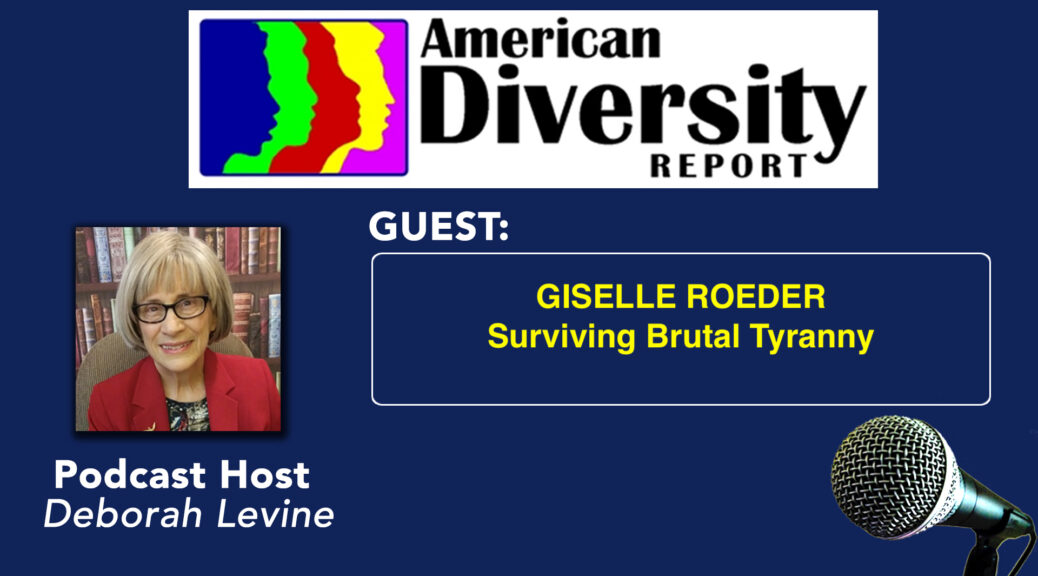
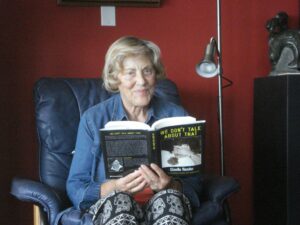 Born prior to WWII Giselle Roeder spent her early life in the relatively tranquil setting of a rural village in Pomerania, the most eastern part of Germany ceded to Poland in 1945. The bloody trauma of the fighting between the advancing Russians and the retreating German army in her neighborhood meant that thousands of people, including her family became displaced persons. l
Born prior to WWII Giselle Roeder spent her early life in the relatively tranquil setting of a rural village in Pomerania, the most eastern part of Germany ceded to Poland in 1945. The bloody trauma of the fighting between the advancing Russians and the retreating German army in her neighborhood meant that thousands of people, including her family became displaced persons. l See
See 